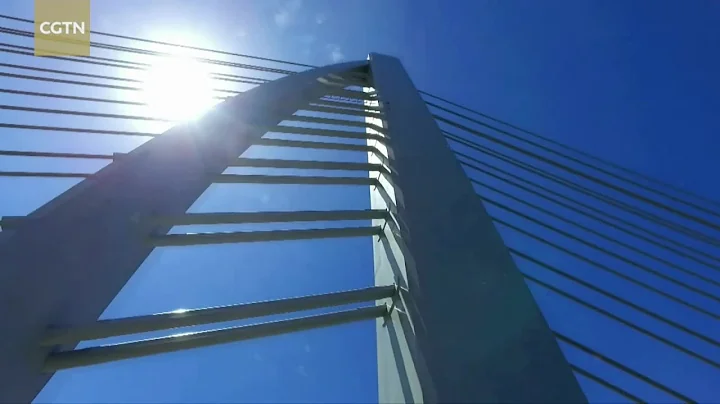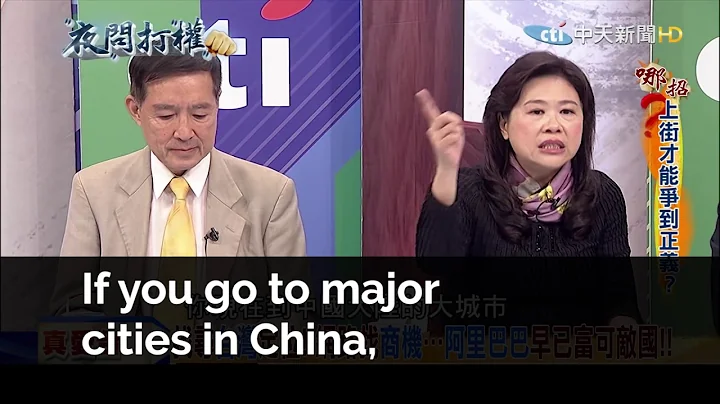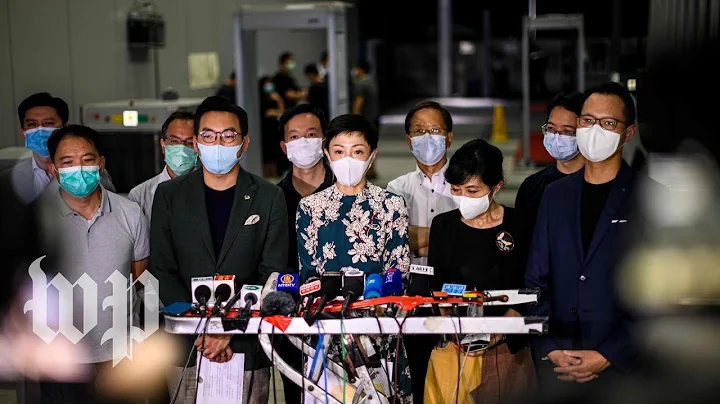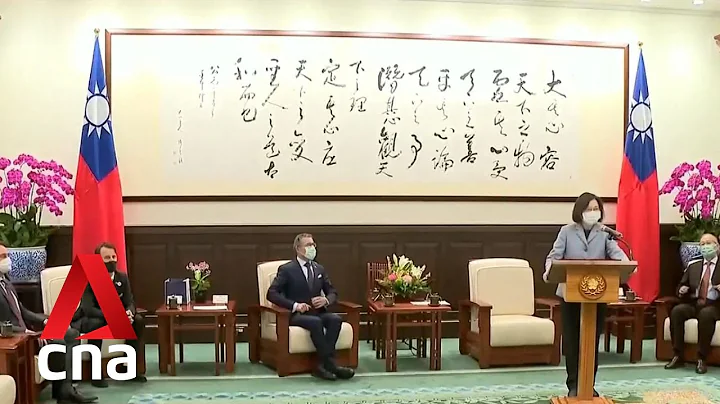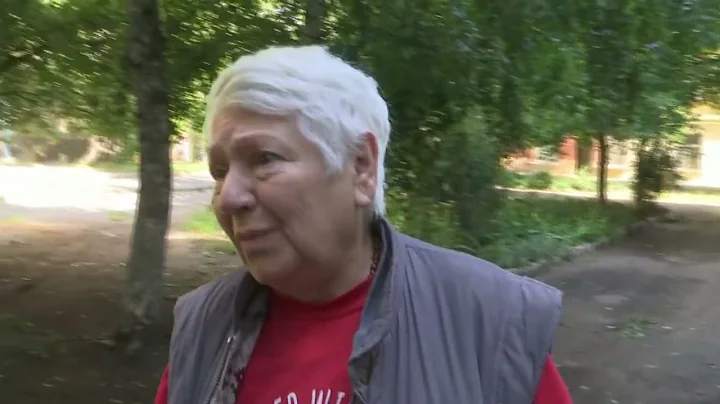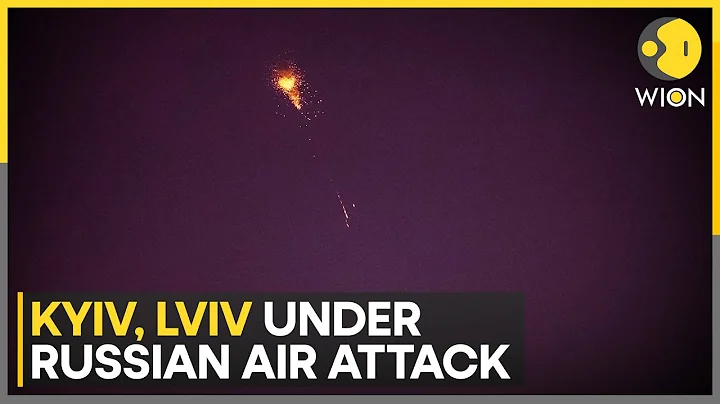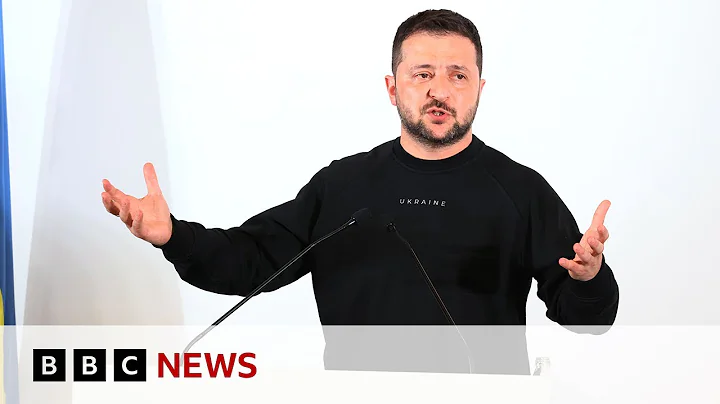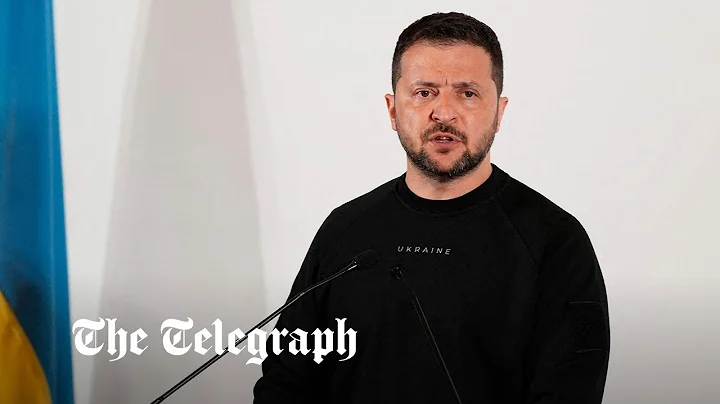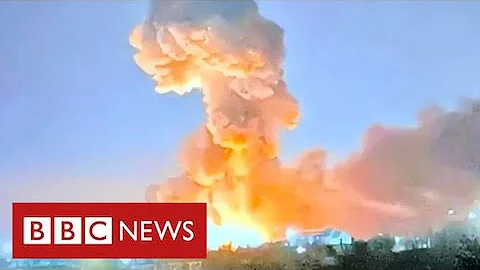The Kuomintang pilots flew an uprising. How did Chiang Kai-shek react?
On June 2, 1963, the media in mainland China, Hong Kong and Taiwan rarely reported the same incident together. But what is interesting is that the three parties focus on completely different directions. Taiwan's Central News Agency reported this: Due to the adverse effects of the weather, one of our fighter planes lost contact during a routine training flight. The Hong Kong Rattlesnake reported that a Kuomintang air force captain flew an American fighter plane to the mainland. This incident shocked the country and abroad.

The People's Daily of the mainland was very calm and made it clear that Xu Tingze, a captain pilot of the 42nd Squadron of the 11th Group of the Second Wing of the Air Force, who was originally affiliated with Chiang Kai-shek, flew a plane on June 1 The US-made F-86F jet fighter Uprising landed safely at an airport in East China that morning. At the end of , it is clearly stated that Xu Tingze returned from the dark side and returned to the bright side, and was warmly welcomed by the local military and civilians.
Yes, this matter that attracted the attention of the two sides of the Taiwan Strait was the uprising of Kuomintang pilot Xu Tingze. Although the Chiang Kai-shek government tried to be vague in reporting, blurring the specific circumstances and reducing its losses. However, with the accurate and detailed reports of the People's Daily, it became known both at home and abroad that some pilots revolted and returned to the mainland.

Xu Tingze's uprising made Chiang Kai-shek very panicked, and he immediately started various actions. Chiang Kai-shek's first order was to transfer Chen Jiashang, who was the so-called Commander-in-Chief of the Air Force at the time, and then assign his cronies, that is, senior officers of the Kuomintang, to various air force bases to constantly deliver speeches to middle- and lower-level soldiers. , asking them to be vigilant and share hardships with Chiang Kai-shek. was also affected by the navy and army. Chiang Kai-shek began to conduct political examinations on these officers and soldiers, strictly analyzing and controlling their thoughts.
While restraining the troops in his hands, Chiang Kai-shek also began to ban cultural performances on the island. The most obvious thing about is that Chiang Kai-shek banned the broadcast of " Liang Shanbo and Zhu Yingtai ". and the reason is that this movie shot in Hong Kong uses a lot of mainland scenes, as well as Huangmei tune . These atmospheres will arouse the homesickness of people living in Taiwan and make them want to return to the mainland. It is obvious that Lao Jiang is panicking and has created a tense atmosphere for himself, surrounded by enemies on all sides.

Of course, Chiang Kai-shek’s efforts did not stop there. Lao Jiang believed that the reason why Xu Tingze took the opportunity to revolt was not homesickness at all, but simply a lack of enough money. Therefore, later Chiang Kai-shek's air force salary increased a bit. But in fact, Chiang Kai-shek really miscalculated. There were only two reasons why Xu Tingze chose to revolt, and each of them hit Chiang Kai-shek's lungs, but there was no reason related to money.
After the War of Liberation, the first Chiang Kai-shek pilot to fly an uprising was Xu Tingze. There were two main reasons why he chose to revolt, both of which were related to Chiang Kai-shek.

The first reason is that it is too humiliating to be a soldier under Chiang Kai-shek! After Chiang Kai-shek's defeat in Taiwan, he frantically wooed the United States, and even tacitly acknowledged that the United States controlled Taiwan's military institutions and military activities. Even when the wife of a captain's liaison officer at the Air Force Headquarters was mercilessly abused by American consultant Tom, no one dared to care or question her. The reality of these scenes hit Xu Tingze's heart heavily. He couldn't figure it out no matter what, he joined the army to protect his family and the country, but why, in the end, after finally driving away the little Japanese, another American devil came.
Later, Xu Tingze figured out that all of this happened because of the corruption and incompetence of the Kuomintang authorities. Externally, they have lost power and humiliated the country and tried their best to flatter the country; internally, they have harmed the country and the people. It is always the lower-level officers and soldiers who work hard and suffer, but it is a small number of high-ranking officials and dignitaries who get rich and enjoy it. It was in this environment that Xu Tingze realized that if he continued to follow the Kuomintang authorities, he would not end well.

The actual situation is basically consistent with the result of Xu Tingze's thinking. In 1962, the Kuomintang launched a so-called loyalty inspection within it, specifically investigating dissatisfied bosses and people who had had contact with the CCP in the past. If these people are found out, they will be put under house arrest or fired, and at worst they will be shot. Xu Tingze conforms to both of the above two points. He was indeed somewhat dissatisfied with the indolent nature of Kuomintang officials and their preoccupation with getting rich. He was briefly captured during the Liberation War.
Therefore, when investigating him, a former colleague of Xu Tingze gave him a hint that as long as he paid enough money, he would keep it secret and not report it. But Xu Tingze did not give in and refused to give benefits, so he was sent to the secret service. But the agents searched and searched, but could not find anything wrong with Xu Tingze. But these people were angry, so they began to assign dangerous tasks to Xu Tingze and force him to carry out them. After many scenes like this, Xu Tingze also realized that he might have to leave.

And just when Xu Tingze figured it out, the second reason also came to his door. Due to the unsatisfactory career and depressed thoughts, Xu Tingze began to think more and more about his relatives in mainland China. He began to try his best to listen to the mainland's radio broadcasts, and it was on the radio that he learned about a different continent. Back then, when they retreated from the mainland, the poverty on the mainland was visible to the naked eye. But more than ten years later, the mainland has changed drastically. The people are getting happier and better, and the country has become stronger and more prosperous. All these things were extremely tempting to Xu Tingze, and he clearly realized that it was time for him to return to his hometown!
But returning to the mainland is not an easy task, so Xu Tingze must hide his capabilities and bide his time. He actively and obediently performed every task assigned by his superiors. During the execution of the task, in the name of work, he generously studied the map of the mainland, studied the flight route to the mainland, and considered the fuel consumption and the cost of traveling to the mainland. geographical environment and climatic environment.

With Xu Tingze’s painstaking waiting, the opportunity finally appeared on June 1, 1963. On this day, Xu Tingze’s air force had a routine flight mission. Xu Tingze, on the other hand, had long been optimistic about the weather on both sides of the Taiwan Strait and knew that this day was very suitable for taking off. So, he took action.
On June 1, 1963, at 7:45 in the morning, Xu Tingze, who was piloting the lead plane and waiting at the airport, clearly heard the tower say: "It's OK to take off." He quickly adjusted his thoughts and took off in an American F-86F fighter plane. Along with him, there was also a wingman . At that time, Xu Tingze had been thinking of a way to get rid of the wingman, but before he could think of a way, the wingman had a problem of his own.

The pilot in the wingman reported that the aircraft's fuel gauge was invalid and needed to return. Hearing the news, Xu Tingze was overjoyed, but he agreed with his wingman to leave without changing his expression. Not long after the wingman turned around, Xu Tingze also immediately changed direction, accelerated, and flew towards the mainland. The tower, which had been monitoring the movements of the aircraft on the ground, soon realized something was wrong and kept calling Chen Tingze on the intercom, saying that the direction was wrong, the direction was wrong. But Xu Tingze ignored it and continued flying towards the mainland. Seeing that persuasion was useless, the tower directly called the four fighter planes on combat readiness duty and ordered them to intercept Xu Tingze quickly!
Four fighter planes were chasing behind him, but Xu Tingze did not panic at all. He knew in his heart that no matter what happened in today's situation, he would fly to the mainland. Soon, with his superb driving skills, Xu Tingze threw away the guys following him and flew over the mainland with all his strength. But after liberation, it was the first time for Kuomintang pilots to fly an uprising. Therefore, the troops on the ground thought that they were coming from the other side to conduct reconnaissance, so they fired the artillery shells mercilessly, almost grazing Xu Tingze's car.

But Xu Tingze couldn't communicate with the mainland's ground troops, so he could only find a landing place. Soon, he found an airport and descended to prepare for landing. The troops at the airport seemed to realize that the plane was not here for reconnaissance, but wanted to land. Then, the bombardment stopped and Xu Tingze's car landed smoothly. This time was 9:05 in the morning on June 1, 1963.
After Xu Tingze was launched, it quickly attracted the attention of leaders at all levels. When Marshal Ye Jianying met with Xu Tingze, he said this: "Your uprising shows your love for the motherland and your pursuit of light. It is a revolutionary action. Therefore, the people of the motherland and all officers and men of the People's Liberation Army warmly welcome You, and I trust you completely." When Premier Zhou saw Xu Tingze, the first thing he said was, Patriotism is in no particular order, and it is everyone's responsibility to unify the motherland!

Later, Xu Tingze continued to work in my country's air force career, from deputy regiment commander to deputy chief of staff and vice president of the aviation school, and was elected as a representative of the National People's Congress several times. Of course, in Xu Tingze’s later life, what excited him the most was actually his glorious joining of the Communist Party of China on September 26, 1978!
What we need to remember is that the first Kuomintang pilot who flew an uprising after liberation was this young man named Xu Tingze!
